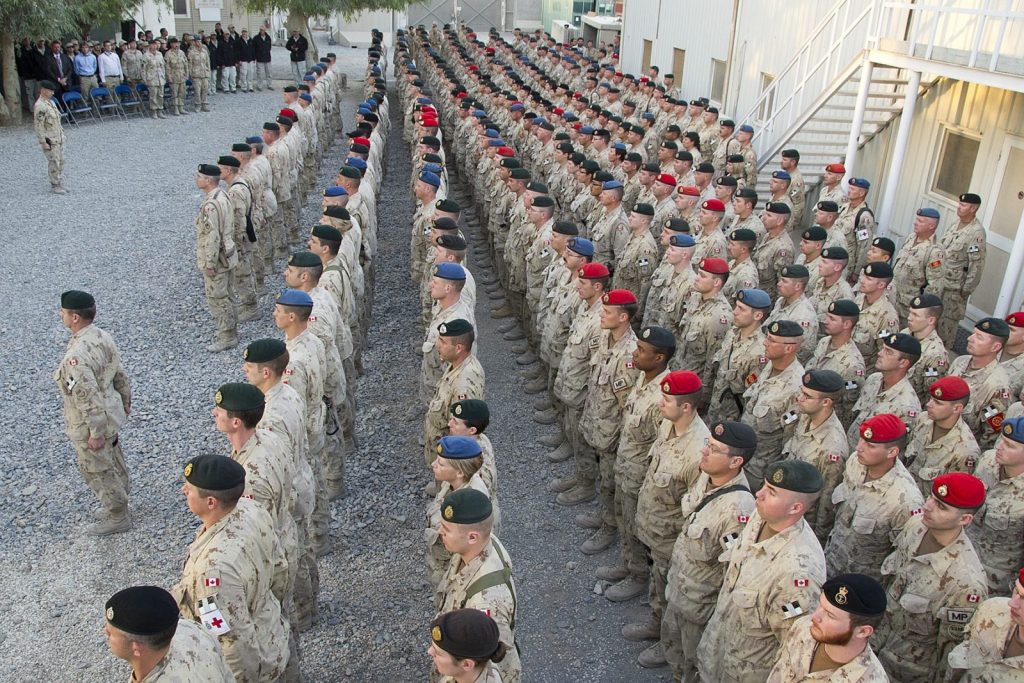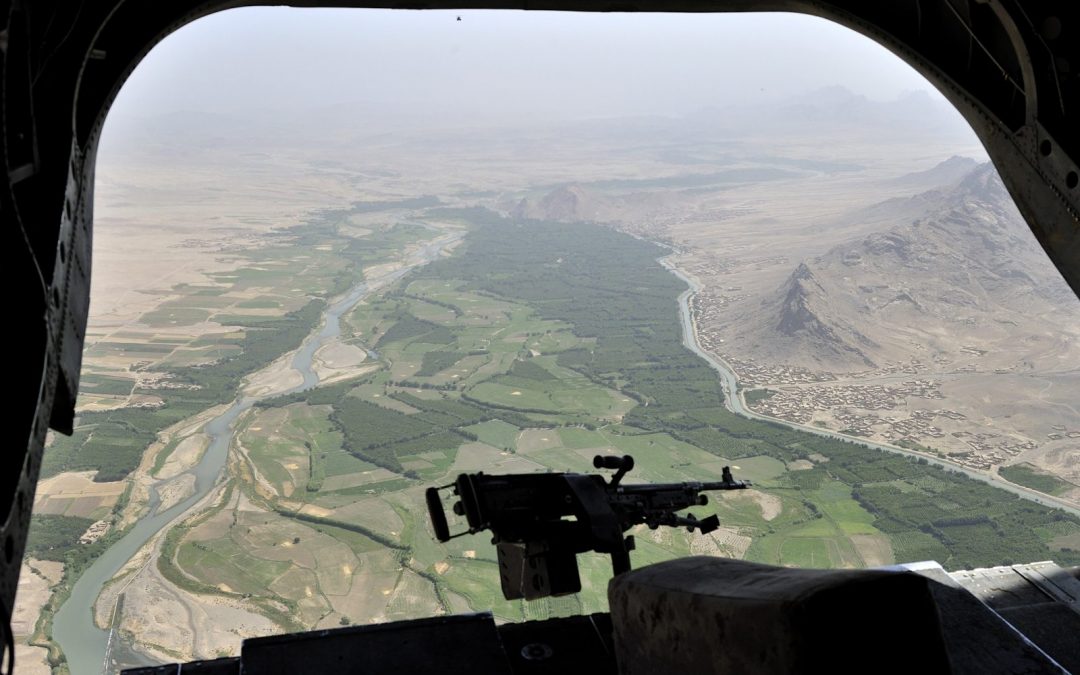Many of us have been watching the reports coming out of Afghanistan with dismay. The fall of Panjwai, reported last week, has hit many of us particularly hard, and as we question our legacy, it serves as a harbinger for all Canadians who served in the country, regardless of when and where.
Panjwai District, with its place names such as Masum Ghar, Nakhonay, Sperwan. Ghar, and Mushan, are indelibly etched into the collective psyche of those who served there. The heat, the dust, the grape rows, and the poppy fields all provide a backdrop to what truly troubles us – our investment of effort, of sweat, and most of all of blood.
Our Afghan experience has left none untouched, and many, including families, are scarred physically, mentally, and morally from it. Many of us have been asking, some for years, ‘was it worth it?’ Answers will be deeply personal, and not all have reached a final conclusion other than time will tell.
We can hold our heads high knowing that we did everything our government asked us to do. Our members served with valour and selflessness, and were there to make a difference. The solution was never going to be a military one, and what we gave the people and the government of Afghanistan was time. The decision with what to do with that time was theirs to make.
While history will be the ultimate judge, the current trajectory of the country leaves us with much pain and doubt. After their wars, our forebears were able to visit many of the countries in which they served, such as in Europe and Korea, and put their sacrifices in context, giving them meaning when they saw hope and prosperity rise out of the rubble and ashes. At this moment in time, it is difficult to envision having similar sentiments for our war.
So where does that leave us? Should we hang our heads in bitterness and remorse; or should we continue to venerate the sacrifices of so many in our ranks and their families, to honour the noble commitment to service and making the world a better place, and endeavour to learn from our experiences, grow, and become better every day? While none of us can speak for them, I have to believe that our Fallen would want us to pursue to latter.

Photo: DND
If you are struggling with your experience, I ask you to reach out for help.
For current CAF members and families:
- CAF Members have access to mental health care and a range of support services provided at Canadian Forces Health Services primary care clinics across Canada. Care is also available for those deployed. Many services are available either with or without an appointment, and there is a choice of in-person or virtual/telephone.
- Member Assistance Program (CFMAP) is a confidential advisory and referral service that is external to the CAF and available to members and their families by phone 24-hours-a-day, seven-days -a-week at 1- 800-268-7708.
- Spiritual guidance and support are available through military chaplains.
- Information on these and other medical and mental health care and support services for military members and their families may be found on the Military Mental Health “You’re Not Alone” web page.
Beyond these resources – speak to a friend, family member, your supervisor, or a mental health professional – do not shoulder this burden alone. Pain shared is pain divided.
For veterans and families:
For Veterans as well as family members or caregivers who are struggling, VAC Assistance Service is available 24/7. Call 1-800-268-7708 (TDD/TYY: 1-800-567- 5803) to talk to a mental health professional.
More information on counselling services, peer support and free online resources for Veterans and families can be found in the Mental health and wellness section of the Veterans Affairs Canada web site.
Wayne Eyre Lieutenant-GeneraI
Acting Chief of the Defence Staff




